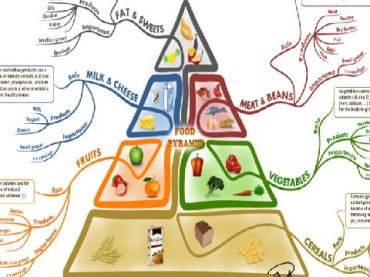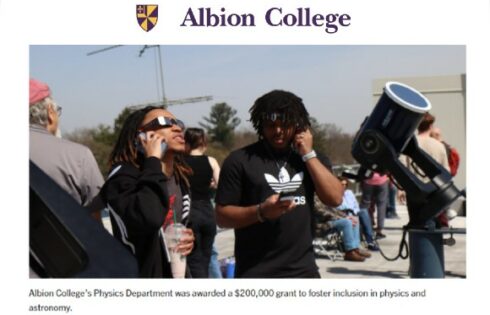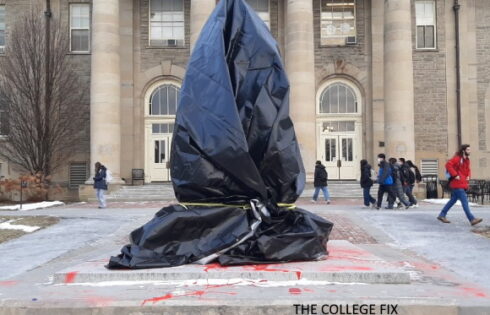
University of Maryland course encourages clean-eating, locally grown, sustainable food movement.
A class at the University of Maryland gives students credit to temporarily eliminate sugar from their diet and to take on other so-called food challenges, such as skipping a meal or eating only fast food, in a course that aims to teach students the “consequences” of food choices.
Animal and avian sciences lecturer Charlie Apter’s “Eating with Eyes Wide Open,” which debuted last fall and will be offered again this spring, teaches students about what Apter refers to as informed eating, he said in an email to The College Fix.
The syllabus calls on students to study current food production and consumption methods, with Apter posing the trendy question: “Are these sustainable?”
With everything in life, he argues, there are trade-offs. With that, each week students trade off challenges, some mandatory and some optional.
Fasting a meal, no sugar days and no protein days are mandatory for all students. For these required challenges, Apter gives a guideline for students to follow.
For example, on the sugar fast, he asks students to avoid any and all sweeteners or sugar ingredients that can be found in food (cane juice, table sugar, fructose, high fructose corn syrup, brown sugar, stevia, honey, agave nectar, etc.) He also makes it clear that students aren’t necessarily banned from carbohydrates. However, a lot of bread contains some type of sweetener.
Apter said there are a number of optional challenges students can take, too.
For example, one challenge is designed to examine unhealthy eating habits and the side effects of consuming strictly fast food. In that daylong challenge, students can only eat fast food. Clips from documentaries “Supersize Me” and “Fastfood Nation” are used as a backdrop for the challenge, Apter explains in the course syllabus.
Students can also participate in a week where they are allowed to only consume meals they make from scratch, or a day where all food must be foraged from natural areas, Apter says, adding this option is for the hard-core outdoorsy types in the class.
Students must journal their experiences, and through lectures and these food challenges, Apter says at the end of the course students are no longer “passive food consumers.” They’ll also have a basic understanding of the politics and economics surrounding food sustainability, he said.
The class requires an open mind. Apter warns in his syllabus that students will be exposed to potential controversial topics, and everybody should approach each opinion and subject with respect.
Apter publicly admits he is an environmentalist and an advocate for the clean-eating, locally grown, sustainable food movement. The syllabus states a major objective of the course is for students to consider the environmental consequences of industrialized food.
His class explores “topics like the environmental and health consequences of the way we eat, including greenhouse gas emissions and widespread obesity, as well as how the processed-food industry manipulates its fatty, sugary and salty products to encourage people to eat them,” the university states online.
“Food isn’t just something you take off the shelf at the supermarket,” Apter states on the university website. “I want them to see eating as part of a larger system, not something completely isolated.”
College Fix contributor Kara Mason is a student at Colorado State University Pueblo.
Like The College Fix on Facebook / Follow us on Twitter





Please join the conversation about our stories on Facebook, Twitter, Instagram, Reddit, MeWe, Rumble, Gab, Minds and Gettr.